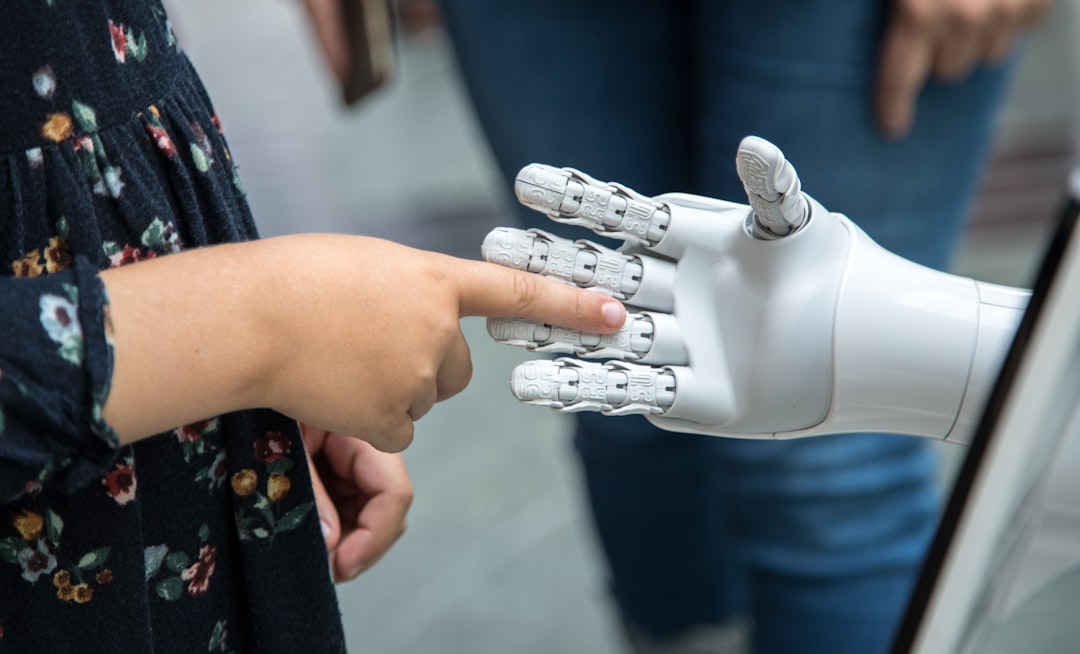In an age where artificial intelligence can generate research papers, solve complex problems, and provide instant answers to almost any question, traditional university education systems aren't just old—they're increasingly at risk of becoming obsolete. As we navigate this transformative period in education, it's worth examining how AI is reshaping our academic landscape and why educational institutions must evolve to remain relevant.
The Growing Disconnect Between Education and Modern Needs
The perception of higher education's value has undergone a dramatic shift in recent years. While obtaining a degree was once considered a guaranteed pathway to success, public opinion has changed significantly. In 2012, about 60% of Americans believed college education was worth the cost. Fast-forward to 2023, and the tables have turned—56% now believe higher education is not worth the money despite the wage premium it offers. This skepticism is particularly pronounced among younger generations, with 60% of millennials and Generation Z expressing doubts about the value of a college education.
Why this change? For one, the financial equation has shifted dramatically. As states reduced funding following the 2008 recession, the cost burden transitioned from public investment to individual expense. This transformation has fundamentally altered how students view their education—no longer as citizens receiving a public good, but as consumers purchasing a product. And like any discerning consumer, they're questioning whether they're getting adequate value for their investment.
AI: The Great Educational Disruptor
Artificial intelligence isn't just changing industries—it's fundamentally reshaping how we think about knowledge acquisition and skill development. AI tools now offer personalized learning experiences, adapt to individual learning styles, and provide instant feedback—all functions traditionally performed by human educators.
The integration of AI in higher education promises to revolutionize research through writing assistants, literature review automation, data analysis, and research recommendations. These developments raise profound questions: If AI can perform many educational functions more efficiently than traditional methods, what unique value do conventional university settings provide?
More concerning is how AI has already begun undermining academic integrity. As one Columbia University student candidly admitted, he used generative AI to complete nearly every assignment, with ChatGPT writing approximately 80% of his essays. When students can effortlessly bypass learning objectives using AI tools, the fundamental purpose of assignments and assessments becomes questionable.
Relevance: The Critical Challenge
One of the most damning critiques of modern university education is the perceived irrelevance of curriculum content. Businesses have increasingly voiced concerns that graduates lack the necessary skills for entry-level positions. This disconnect between academic preparation and workplace demands creates a vicious cycle: students question the value of their education while employers question the preparedness of graduates.
The challenge of relevance extends beyond vocational readiness. In an era where information is instantly accessible, universities must justify why their specific method of knowledge transmission remains valuable. When students can learn virtually anything online at their own pace, the traditional classroom model—often centered around information delivery rather than application or critical engagement—appears increasingly antiquated.
The Changing Nature of Skills Development
Today's economy values adaptability, creative problem-solving, and technological fluency—skills that traditional lecture-based education often fails to adequately develop. The rapid pace of technological change means that technical skills taught today may be obsolete by graduation. This reality demands a fundamental shift in how we conceptualize education's purpose.
Universities now face pressure to demonstrate "relevance" in both teaching and research. Governments investing public funds in higher education expect tangible impacts and outcomes7. Yet balancing institutional autonomy with these demands for practical relevance creates tension, particularly for fundamental research whose value may not be immediately apparent.
Adaptation: The Path to Survival
For university professors and institutions, adaptation isn't optional—it's existential. The "enrollment cliff" already threatens many institutions, with projections indicating a 13% decline in high school graduates by 2041. Combined with changing attitudes toward higher education, this demographic reality creates a perfect storm that will likely force significant consolidation in the higher education sector.
What might adaptation look like? Several possibilities emerge:
Embracing AI as Partner Rather Than Competitor
Forward-thinking educators are finding ways to incorporate AI tools into their teaching rather than fighting their inevitable adoption. AI can automate administrative tasks, provide personalized learning experiences, create adaptive learning environments, and deliver real-time insights into student performance. By embracing these capabilities, professors can focus on higher-order teaching functions that AI cannot replicate—mentorship, inspiration, critical dialogue, and ethical guidance.
Reimagining Assessment and Learning Objectives
When AI can write essays and solve problems, traditional assessments lose meaning. Educators must develop evaluation methods that measure what matters in an AI-augmented world: the ability to ask good questions, evaluate information critically, collaborate effectively, and apply knowledge creatively in novel situations.
Emphasizing the Human Element
The most AI-resistant aspects of education involve distinctly human qualities: empathy, ethical reasoning, creative inspiration, and the formation of professional identity. Universities that emphasize these elements—through collaborative projects, service learning, mentored research, and authentic problem-solving—will remain valuable even as information transmission functions are increasingly automated.
Conclusion
The traditional university model faces unprecedented challenges in the AI era. Declining enrollments, shifting perceptions of value, and technological disruption are converging to create an existential moment for higher education. Students questioning whether to attend traditional universities have legitimate concerns about relevance, cost, and effectiveness that institutions must address.
However, this disruption also presents an opportunity to reimagine education in ways that could be more effective, inclusive, and relevant than previous models. The future of higher education likely belongs to institutions willing to fundamentally rethink their approach—embracing AI as a tool, focusing on uniquely human capabilities, and creating flexible learning pathways that adapt to individual needs.
For professors and administrators, the message is clear: adapt to this new reality or risk becoming as obsolete as the systems you represent. The most successful educators will be those who view AI not as a threat but as a catalyst for necessary evolution in how we prepare students for an increasingly complex and rapidly changing world.










0 Comments